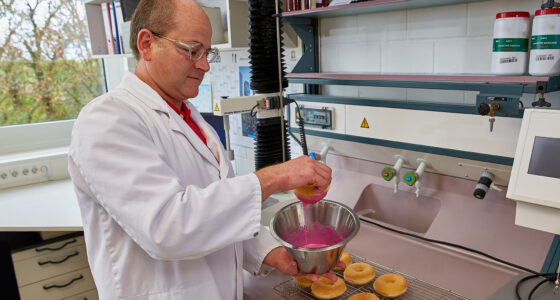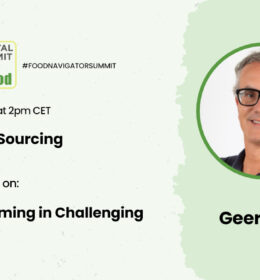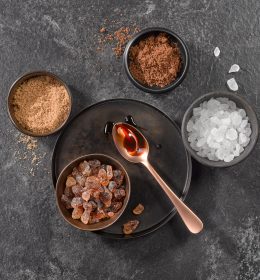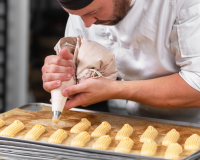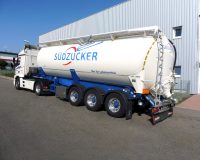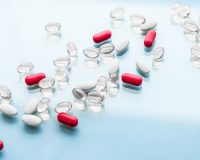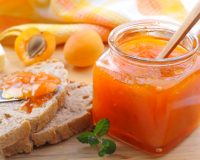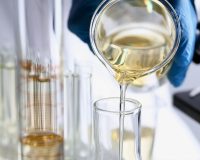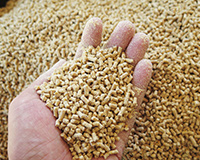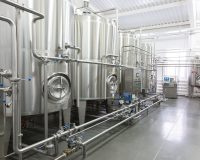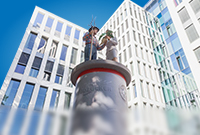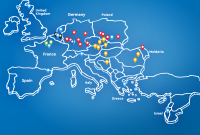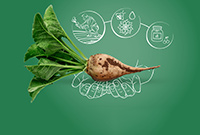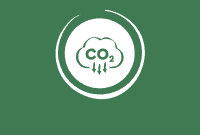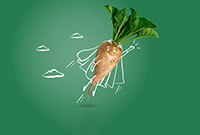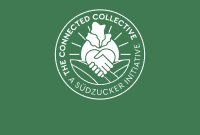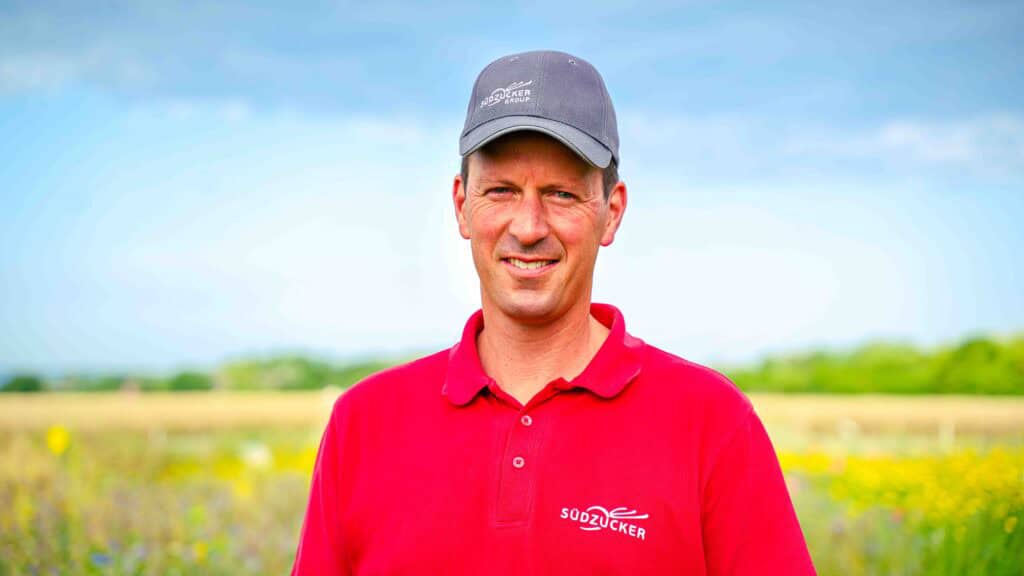
Team Up for Sustaining Tomorrow:
Better Beet Farming
In the interview, Dr Peter Risser reveals the secret to better beet farming: by embracing regenerative agriculture, diverse crop rotations, and innovative technology, farmers improve soil health while maintaining the yield. Through innovation and close collaboration with our farmers, Südzucker turns sustainable practices into lasting progress. It’s not just about better beet farming — it’s about getting better in beet farming.
Südzucker: To start, could you please tell us, who you are and what your role at Südzucker is?
Dr Peter Risser: I’m Peter. I am Head of our research farm in Kirschgartshausen near Mannheim, Germany, which is part of our agricultural activities within the Südzucker Group.
Südzucker: What does regenerative agriculture mean to you?
Dr Peter Risser: Regenerative Agriculture, to me means, that we have different practices which we can apply. One of these practices is reduced tillage for example. This makes sense, especially to prevent erosion and to improve soil fertility. Another practice that fits well within this context is intercrop – we use intercrops between our main crops to keep the soil covered with plants and to prevent erosion, or also to keep the water in the soil.
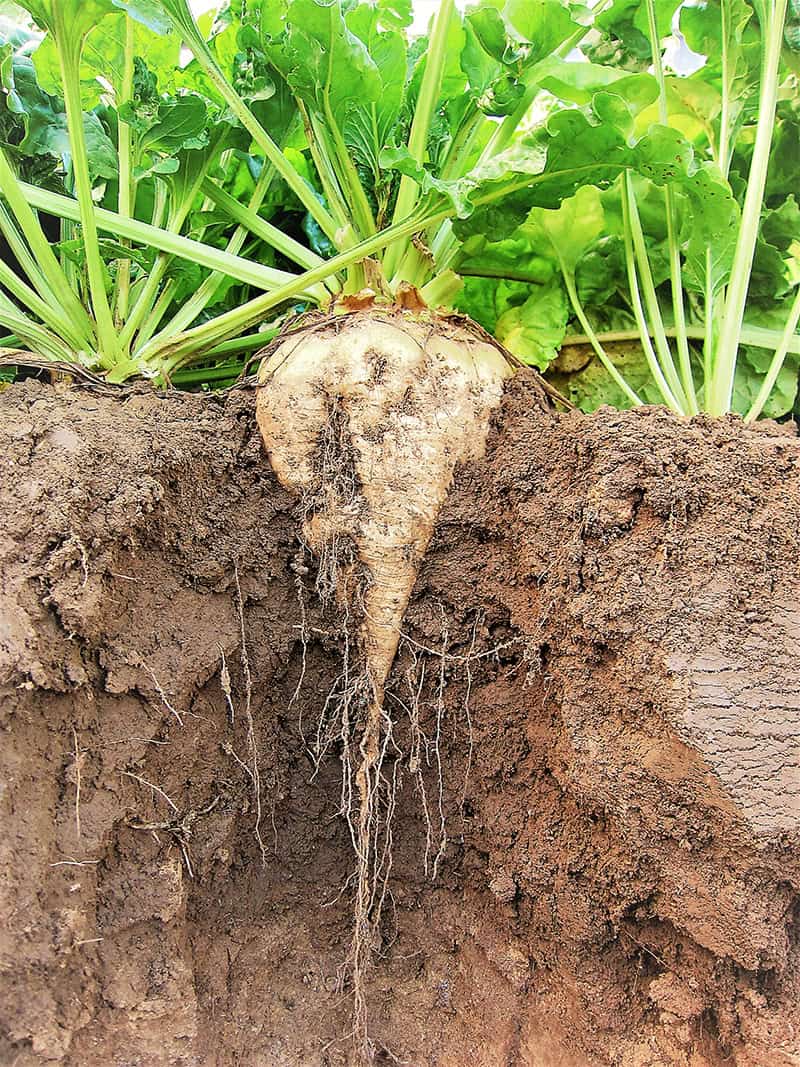
Südzucker: What are the challenges for agriculture in the future?
Dr Peter Risser: If we look to the future of agriculture, climate change is a main topic. What we see is that we have long periods of drought in combination with heavy rainfalls and both in combination is real stress for the plants and for our agriculture systems.
Südzucker: What are possible solutions for cultivation?
Dr Peter Risser: If we talk about cultivation, one of the solutions is to be more diverse, and this begins with our crop rotation. Meaning that we have a balanced crop rotation including cereals, including our sugar beet, including also faba bean as a protein crop, a legume, which can fixate its own nitrogen. Which in the total crop rotation then also reduces the nitrogen input.
Südzucker: Why should someone team up with Südzucker?
Dr Peter Risser: I believe Südzucker is a perfect partner when it comes to agriculture and new topics. We have a long-standing tradition of working closely with our farmers, and here at our research farm in Kirschgartshausen, we try to apply all the new practices – always keeping an eye on future developments. And with this experience we get, we share with our farmers and I think this is then a good basis to come into discussion about farming topics with our customers.
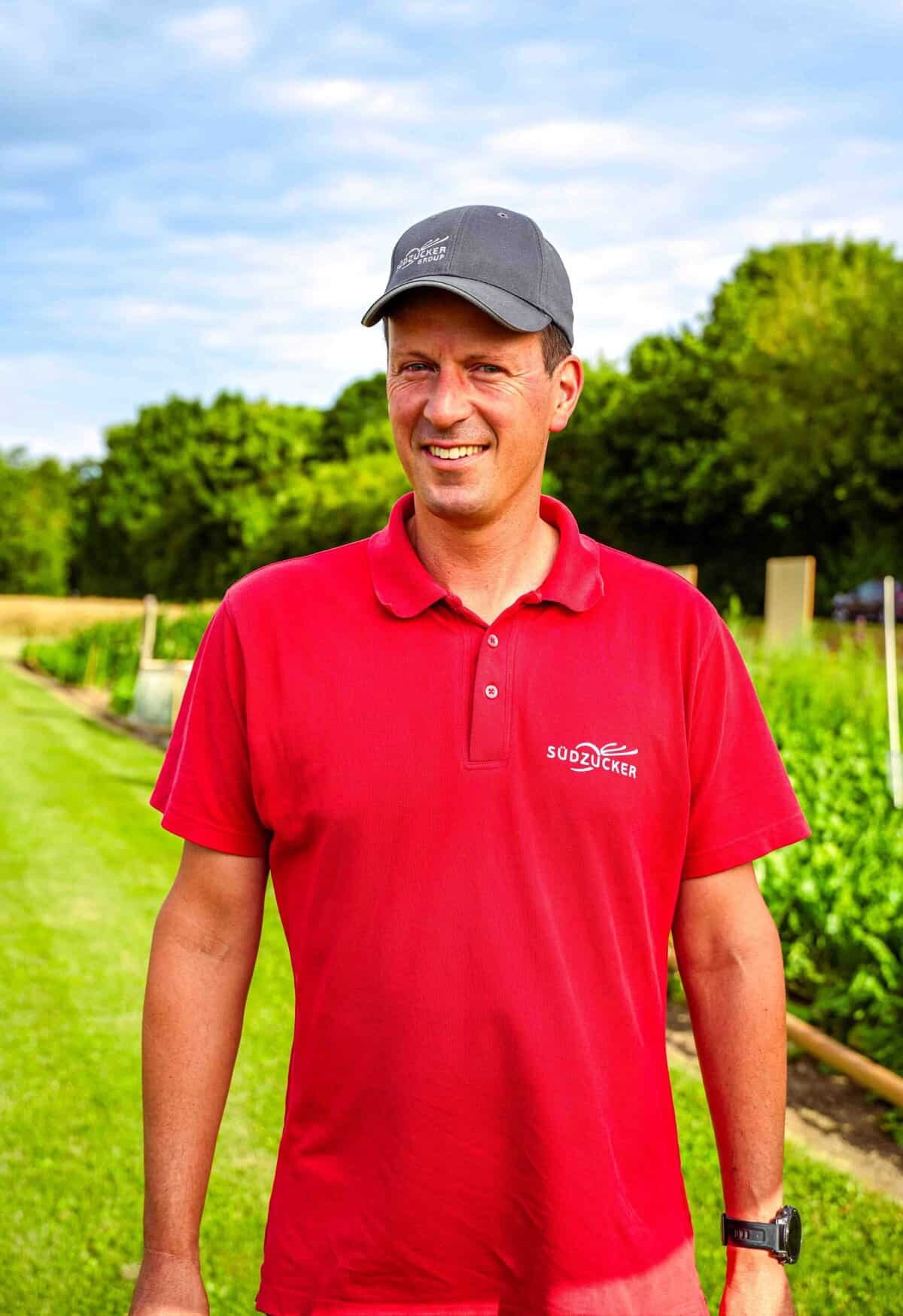
Dr Peter Risser is the Head of Südzucker’s research farm in Kirschgartshausen, near Mannheim, Germany. With a PhD in Agricultural Science from the University of Hohenheim, he leads innovative research focused on sustainable and climate-resilient sugar beet cultivation. His work focuses on regenerative farming practices, innovative crop rotation, and the integration of cutting-edge technologies—including robotics and artificial intelligence—to improve soil health and biodiversity.
Südzucker: How can sustainable farming and research help maintain productivity and, in the best case, even maintain or increase the yield?
Dr Peter Risser: Research and especially innovation can help us address our future challenges in agriculture. Through our research activities, we get new results, new ideas. We try to test new and innovative practices which help us to stabilise the yield and in the meantime, we also try to reduce our input factors. For example, by a balanced crop rotation including legumes, we can reduce the nitrogen input. This helps improve the overall crop rotation to result in a better environmental footprint, also for our sugar beet cultivation. We’re also actively addressing biodiversity, looking for ways how we can increase it within a cropping system which is not lacking too much yield, but is included in our normal practice.
Südzucker: And do you also investigate the usage of plant protection products and fertiliser?
Dr Peter Risser: If we talk about fertilisation and plant protection, also new technologies help us. So, if we talk about robotic solutions or spot spraying, which is one of the topics in our agriculture business, you will see that there it is possible to reduce the input or to put it just where it’s really needed and with the combination of these new technologies, we can also improve our environmental footprint.
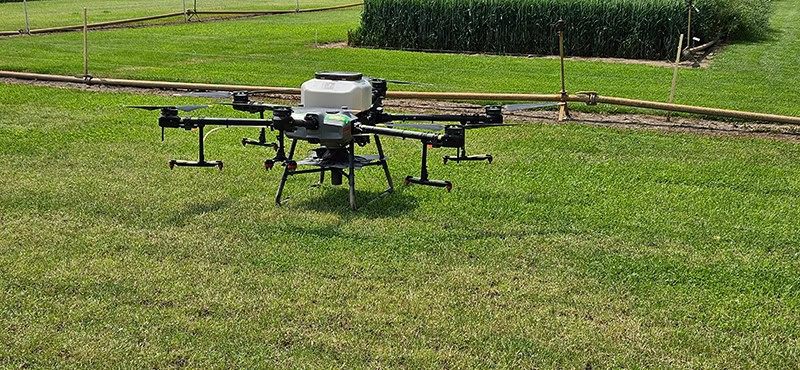
Südzucker: Do you already use some kind of robotics in your research farm in Kirschgartshausen?
Dr Peter Risser: Robotic is one part of our research activities. We do this especially with focus of organic farming as there is a lot of handhold to do and in this case we can exchange the really hard hand work by autonomous robots which are doing this job quite well.
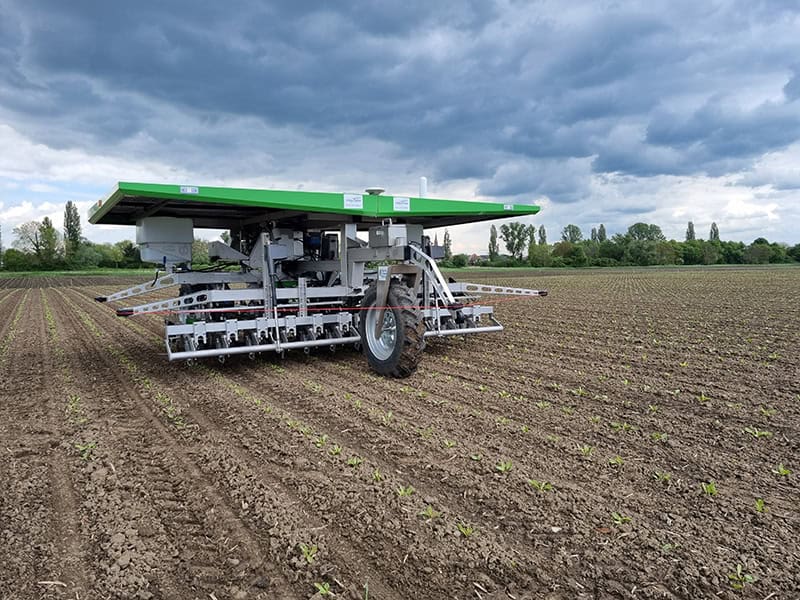
Südzucker: If your job had a slogan, what would it be?
Dr Peter Risser: Our slogan is ‘better beet farming’, to get better in beet farming.
Südzucker: Thanks a lot for sharing your thoughts!

